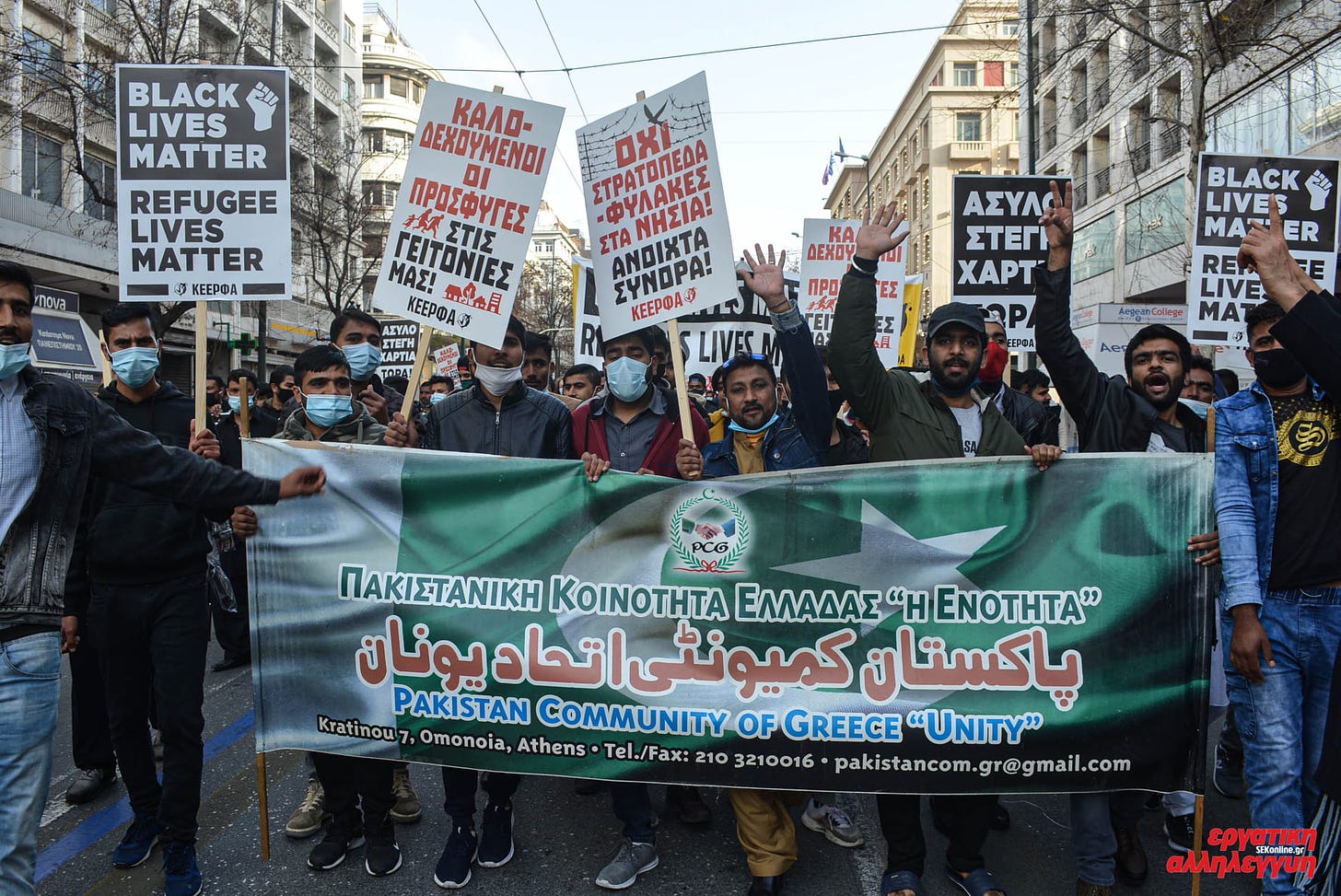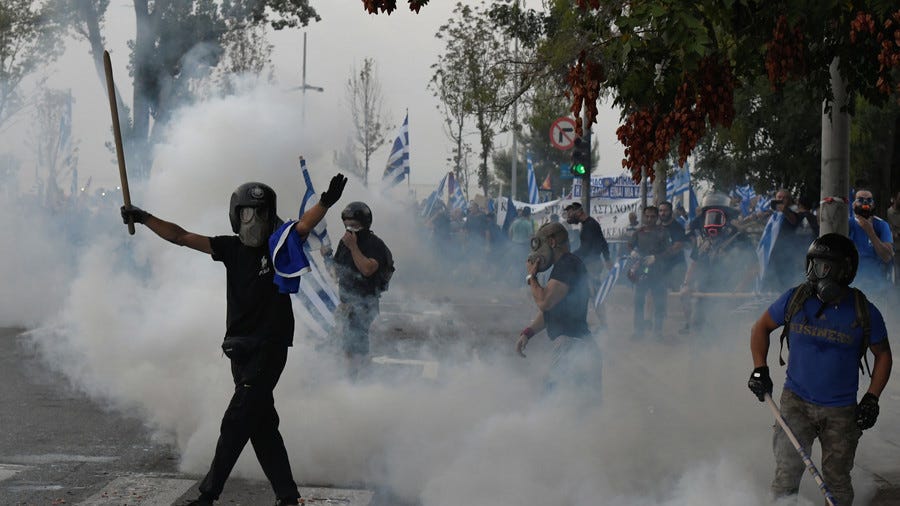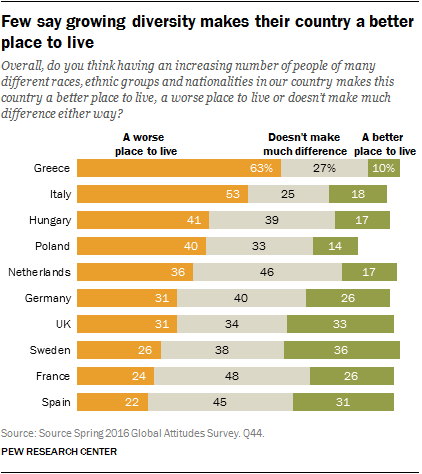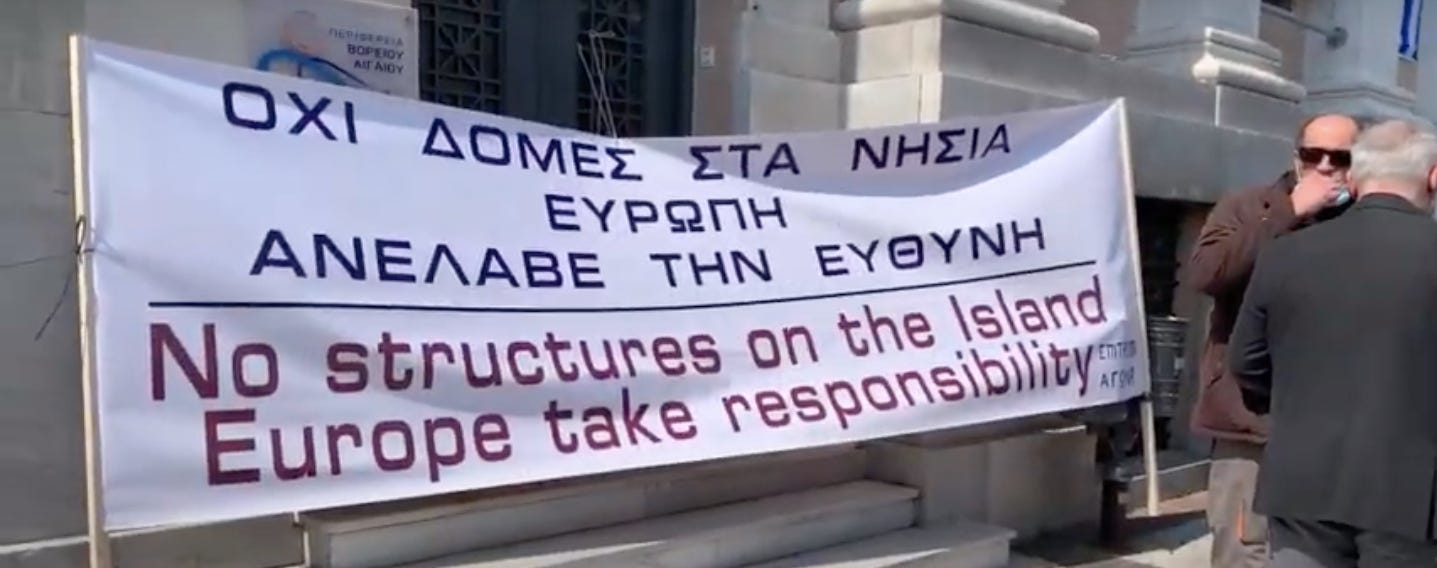The term “anarcho-tyranny”, coined by the conservative American columnist Samuel T. Francis, has often been used in the US to describe the middle class being squashed by both a bureaucratic state and violent crime at the same time.
What may initially appear to be a fairly obvious reflection of social problems in America, reaches way beyond structurally and extends far over the Atlantic, into both Western Europe and Greece.
The word, naturally a synthesis of anarchy and tyranny, can be interpreted in numerous ways.
Anarchy can mean Greek leftists de facto occupying a housing complex or neighborhood; but it can also more generally describe the failure of a central government to provide security, control and basic human needs of its citizens.
It is easy to condemn lawlessness and anarchy, but as Sam Francis himself notes: “Anarchy is not quite the problem here.”
The government functions in many aspects (providing electricity, water, the mail and collecting taxes, although the last one may be debated), yet it fails at the simple task of enforcing order:
Take a walk to Omonia Square in Athens and come back denying that what you see is lawlessness.
However, simultaneously it is showing signs of tyranny in the way in which it can drastically reduce the rights of law-abiding Greeks at any moment.
The recent regulations concerning the COVID-19 lockdown are more than emblematic of this phenomenon; the rule of law may as well be factually dead.
While Greek citizens are fined extensively for not wearing a mask in the supermarket, illegal migrants are free to protest the streets for rights they are not entitled too.
The state fails to punish criminals and at the same time criminalizes the innocent.
The average Greek citizen in this situation is squashed by two sides of the same coin: anarcho-tyranny.
Returning to Sam Francis, he points out that the best illustration for anarcho-tyranny is the police, which in Greece is a well-funded and high-equipped institution, technically more powerful than ever before.
Yet they cannot stop growing parallel societies among illegal migrants, human trafficking routes, rocketing crime rates and dirtier, more violent neighborhoods.
All of that is happening at a time during which we witness headlines unimaginable even decades ago.
This week police officers were brutally attacked by illegal migrants in Chios.
Two months earlier on the same island an illegal migrant stole animals, slaughtered them and sold the meat.
Some days ago Pakistani prisoners in Corinth started burning the facilities and caused massive material damage.
These incidents are not isolated and their intensity and frequency are perpetually growing.
The state security institutions only offer vague and half-hearted responses.
What they can do is attack protesters who are rallying for Greek Macedonia, just like before the Prespa Agreement a few years ago.
One should not mistake this situation as something accidental, as Francis notes:
It’s easier and more profitable to enforce the law against the marginal lawbreaker than against those habitually committed to spreading mayhem.
The myth of democracy and the solution to anarcho-tyranny
Since we are living in a Western liberal democracy one would assume that the solution to those problems is not fundamental, but can be achieved through the right political discourse and democratic participation.
Yet in anarcho-tyranny democracy only exists as a facade, a myth upheld by those in power and whose consequences are most directly felt by the middle class.
A Pew Research poll from 2016 showed that 62% of Greeks think growing diversity makes their country a worse place to live, with only 10% seeing it in a positive way, by far the most one sided response in the entire EU.
Similar responses were given during various polls in 2018 and 2019 too.
If we were living in a purely democratic country this poll should be reflected in the policies of the Greek state; yet we do not see that happening.
Greece is becoming demographically more “diverse” (with all the consequences that bears) in a dangerously rapid pace and it is most appropriately characterized by the migrant crisis where there is shared consensus among nearly all Greeks.
Democracy in this instance does not mean the will of the many Greeks (keep in mind, an industrial state has all the capacity to enforce this will) but that of the bureaucrats governing the country.
This is in addition to the apparatus of other far reaching institutions taking power away from Greek self-determination.
The problem when living under anarcho-tyranny is that citizens are left in a totally passive role in securing their own protection.
Greeks are dependent on the arrival of EU delegations, managerial planning for “refugee centers” and cannot take their own islands under control.
So as local islanders are literally terrorized by the hordes of fighting age men arriving on their shores (anarchy), the Greek government drowned in bureaucracy, transnational NGO’s, dictated by foreign courts and the European Union serves them tyranny.
Yet in recent years we have seen that many Greeks are still resilient to that, have not been pacified and are standing up for their homeland (such as protesting against the opening of more reception centers), even if they are old and small in numbers.
They are the prime example of taking responsibility for their own protection.
One needs to realize that the solution to anarchy is not more tyranny (e.g. more funding to state security institutions like the police), since this tyranny is already unable to control the anarchy.
This method will naturally result in more anarchy and tyranny itself.
Since “anarcho-tyranny flourishes only when citizens surrender their rights”, the logical solution to it is to change the power dynamic back to the law-abiding Greek.
How that ought to look like is a question for another time.
This piece is part of a continuing series called “The Convergence of Catastrophes."
You can read the earlier article "Greece’s demographic crisis and the Convergence of Catastrophes" here.
You can follow Achilles Delta on Twitter.






